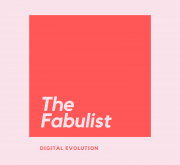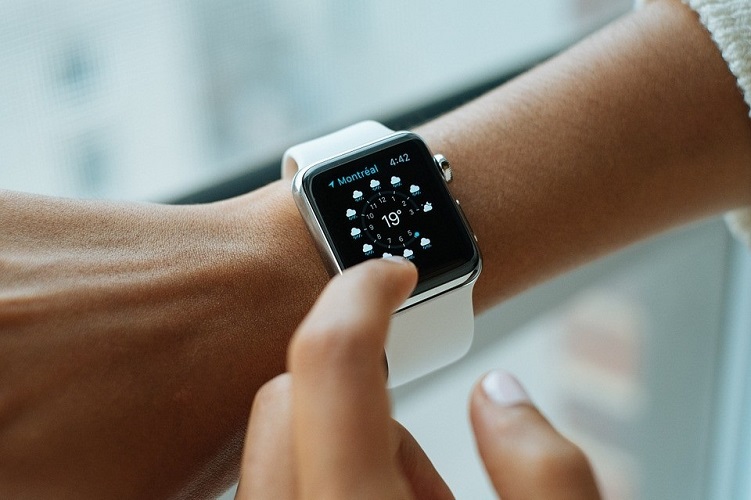Advertising has always been a battle for eyeballs and mind space. Television expanded it, but placed power in the fingers of the viewer, with the remote control. The battle moved further to digital viewing, as television was relegated to a backseat.
AR and VR are yet to hit the Indian market in a big way, but mobile apps have scored a clear victory against the mobile web. 90% of mobile time has been spent on apps in 2020. In absolute terms, 2 hours and 11 minutes are spent on apps, while 26 minutes are spent on the mobile web according to eMarketer research.
Till last month, a person’s daily routine could be mapped with the apps s/he visits from morning to evening.
- Check social media with the first coffee
- Check weather and traffic updates
- Book a cab or bus ride to work
- Check stock prices on the way
- Update oneself with latest news
- Answer messages on messaging apps
- Refine and post pictures taken enroute. #Latepost is passe. Connection needs to be Insta.
- Order lunch in the office
- Check traffic updates again
- Book a cab for going home
- Order groceries on the way back, or dinner.
- Catch up with missed shows or movies on the way.
- Keep the kid busy with a gaming app while they finish daily chores
- Pay bills
- Plan holidays with the family
- Set alarms and plan the next day before dropping off to sleep
WHAT CHANGED WITH COVID-19 AND WORK FROM HOME?
- Check local updates with the first coffee.
- Check which vendors are delivering online, even if they leave things at the building gate or your doorstep.
- Payments have to be compulsorily made online, no cash. You need to have GPay or PayTM.
- Check office assignments for the day through whatever software you are using – Slack, Trello, Flock, Asana or good old email.
- Check if you have downloaded apps needed for video-conferencing.
- Check how your children are going to learn today. You need to set up and familiarise the family with the platforms.
- Keep checking social media and news apps throughout the day.
You know where to meet your target audience, but how?
What are the factors that can make a difference?
1. Loading speed
The increasing load on data is highlighting the need for conservation.
Loading speed is a clear winner in mobile apps, since a native app uses data stored on the device, instead of scanning the web for it.
2. Targeted solutions and addictions
People are not always looking for research reports. They need to make their pictures more intriguing, quotes more interesting and videos more effective before posting online. People need control on their day-to-day finances, without maintaining complex account statements. They need to remit money, book a cab, find information all on the move. Do you know what a child needs, before you launch an educational app?
Apps solve all big and small day-to-day problems, and create addiction.
3. Brand visibility
The user has logged out, but your brand remains visible on the screen, unlike a website which disappears.
4. Data usage
Apps need to be designed with a low data usage in time. High data usage can be a deal breaker, as in the once-upon-a-time immensely popular Pokemon .
5. Offline apps
These are big hits while travelling. It keeps the user busy, without bothering about connectivity.
6. Personalization
Allow users to create interesting profiles, use their own images and store data for recurring use. They would show it to a friend to showcase themselves, but end up creating visibility for your app.
7. Easy logins
Unless yours is a financial app, which needs a high level of data security, enable logins with a swipe of a finger, instead of complex passwords. Keying in data can be difficult in a moving vehicle or crowded space.
8. Instant notifications
Publish a blog post or update, and it flashes on the screens of all your users. Even if they choose a right swipe, the information has caught eyeballs and registered in the subconscious.
9. Customer Loyalty
A downloaded app remains the go-to thing, while websites are optional. A search engine will always show the user alternative options, inducing a diversion risk.
10. Create variety
Would you like to see astrological predictions, while checking stock prices or the day’s weather forecast? Would you like to see a recipe while ordering groceries? The recipes can also induce you to order a few more things. It keeps the user hooked, and asking for more.
Contact us at fab.valuescale.co.uk, for implementation of your business ideas.

